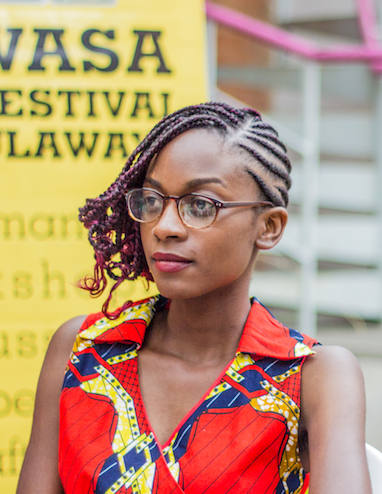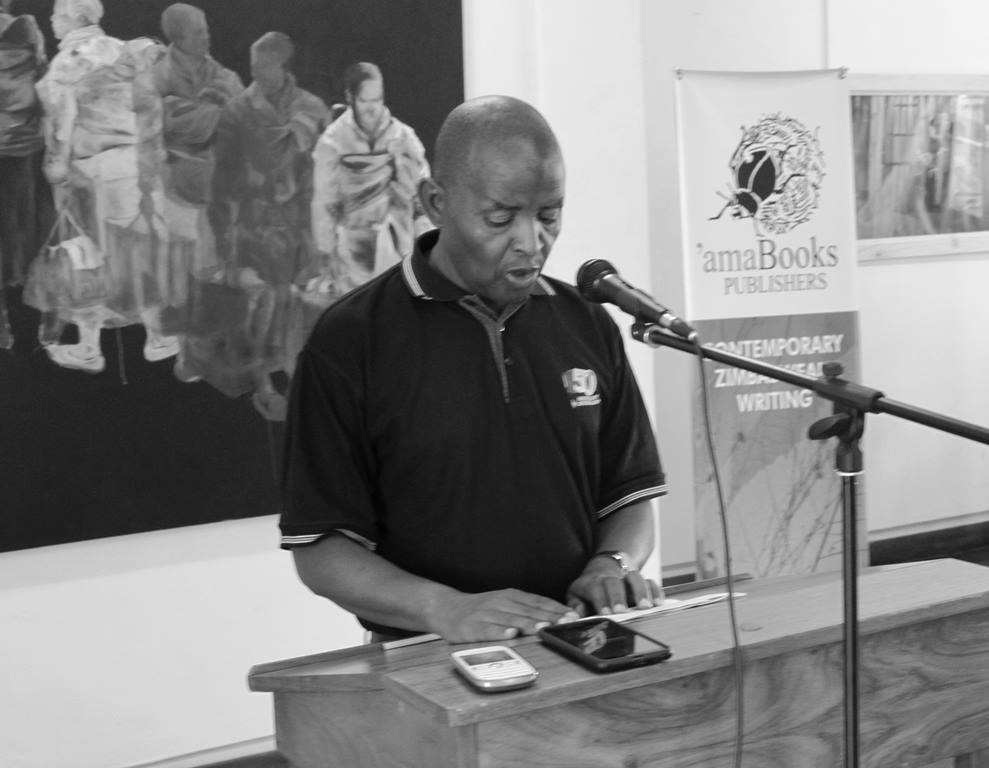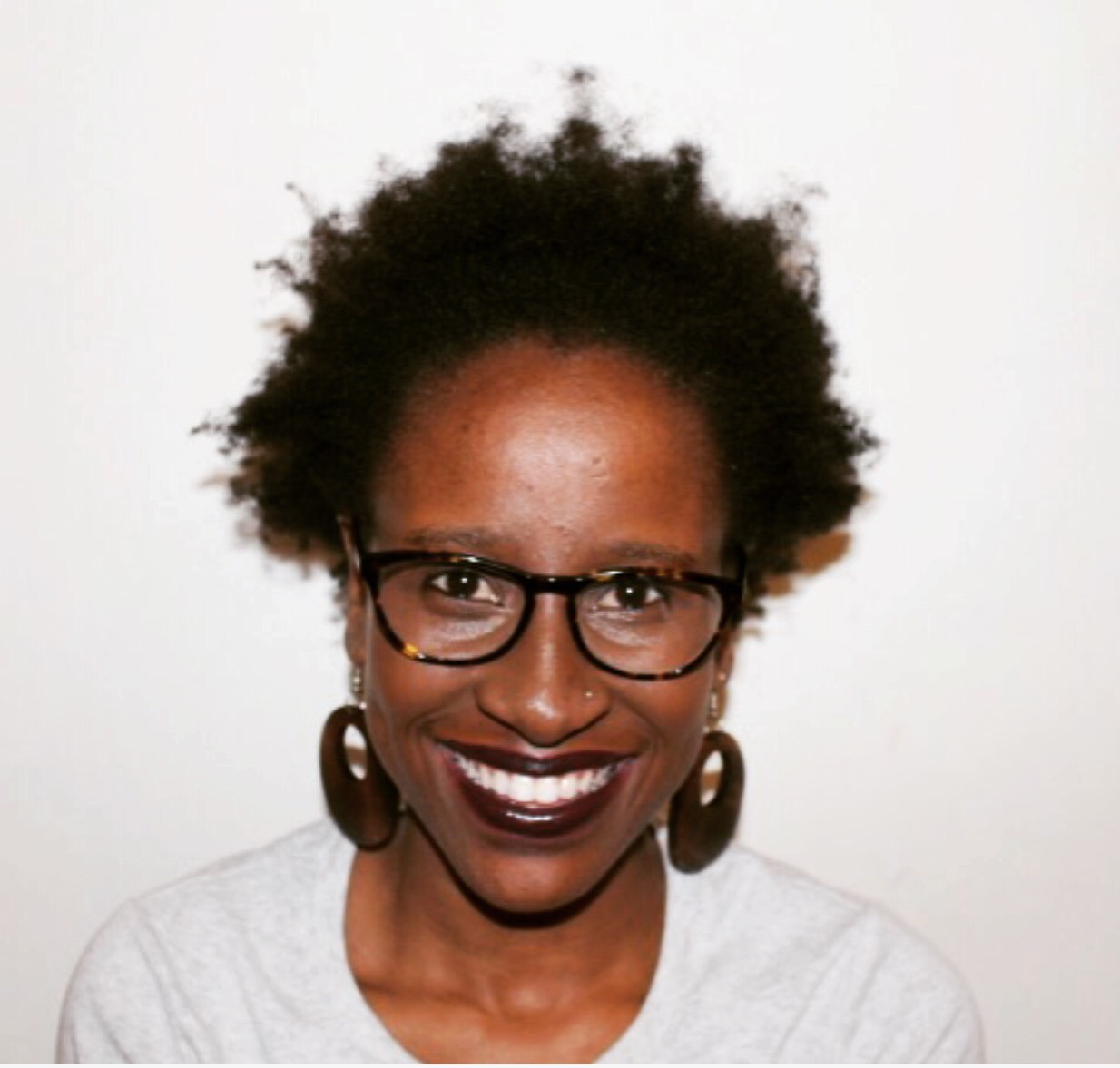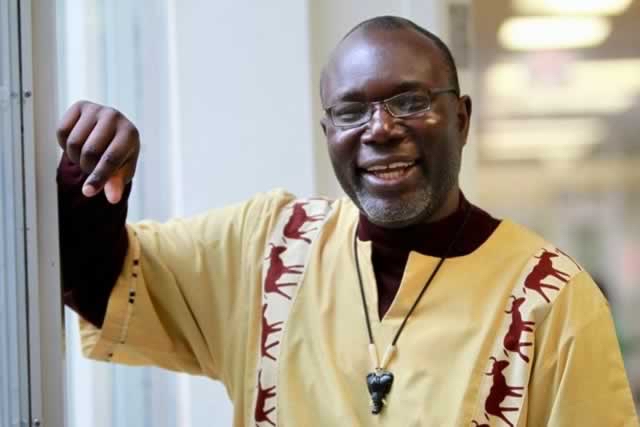
This September Sun by Bryony Rheam
Recent years have seen a great proliferation of books about Africa, especially Zimbabwe. It seems that just about every ex-farmer, ex-Rhodesian soldier and ‘Whenwe’ Zimbabwean has written their life story. News of yet another book about this troubled nation might not then be greeted with much enthusiasm. However, what sets This September Sun apart from your standard Zimbabwean novel, is that firstly it is a work of fiction, and secondly, it focuses mainly on the relationship between a young girl growing up in Zimbabwe post-Independence and her grandmother, the incorrigible Evelyn, who moved to Rhodesia in the late forties.
Evelyn is no ordinary grandmother. She leaves her husband and moves into a flat by herself after years of being a housewife and stuck in an unhappy marriage. She finds a job and a boyfriend and gains a new lease on life, but it is one that is not appreciated by those close to her. Her daughter feels very bitter about the whole arrangement and her granddaughter, Ellie, moves between them, trying to pacify their relationship.
Ellie grows up in a country she feels alienanated from. As a child, she reads Enid Blyton books, and as she grows up she ventures into the classics of Western literature. She feels a great void in white Zimbabwean culture: it’s as though everyone is interested only in rugby and drinking and there is no room for an over-sensitive book-loving girl like herself. She yearns to go to the UK where she believes she will find what she is looking for, but is also disappointed to find that life there comes with its own set of drawbacks.
It is only when Evelyn is murdered that Ellie is forced to return to Zimbabwe and face some hard home truths. Left to sort through her grandmother’s belongings, she discovers that Evelyn was not quite the woman she thought she was. Consequently, Ellie turns to examine her own life and the choices she has made.
Bryony Rheam was born in Kadoma, Zimbabwe, and lived most of her formative years in Bulawayo, where the novel is set. Although she says This September Sun is not autobiographical, there are various links between her life and Ellie’s. Both of them lived in the UK for a number of years and Bryony also grew up feeling like a square peg in a round hole. The book is dedicated to her grandmother, who Bryony says was nothing like Evelyn in many ways, although she did love reading, Agatha Christie novels in particular, and she did have a love of tea.
This September Sun was published by amaBooks, a Bulawayo-based publisher who has also brought out various collections of short stories, such as the three Short Writings From Bulawayo anthologies. Publishing in Zimbabwe has been a difficult business over the last few years in a country beset by high inflation, shortages and a general breakdown in industry and commerce. The decision to publish the book was therefore something of a gamble, but one that has paid off to good advantage.
It has proven to be very popular in Zimbabwe, especially with those who have had some connection with Bulawayo at one time or another. Incredibly nostalgic in places, it recalls a time when the world spun more slowly and life was measured out in cups of tea. That is not so say that it looks at the past through rose-tinted glasses, for indeed life in Rhodesia and Zimbabwe was never a peaceful one and the reader is always aware of the political and how it has the power to undermine, and sometimes overshadow, our lives.
The next big question is whether Bryony will be writing another book in the near future. She has ideas she says, but struggles to find the time between teaching and her two young children. She currently lives in Ndola where she teaches English at Simba Secondary School. Writing is a commitment, it’s a job, not something you can do when you feel like it, Bryony advises anyone interested in pursuing writing as a career. Often the biggest hurdle to overcome is yourself; you have to believe that you can do it. For many, just the thought of writing a book is a daunting one. She is currently working on her next novel which she describes as a ‘philosophical crime story’ and she has also begun research for a novel set in the Congo in the 1950s. Research is something she really enjoys, especially interviewing people who lived through the times she writes about. ‘It’s the stories people don’t mean to tell you that can sometimes be the most fascinating,’ she says. ‘It’s also very important to get things right as you don’t want someone to contact you after reading the book to tell you that such and such a fact is completely wrong!’ Bryony also believes that it is very important to keep a diary – write down everything that appeals to you or catches your eye. It might be something someone says or does; it might be a line that comes to you. It’s easy to say I’ll write that down later and then forget it.
This September Sun has the power to appeal to all readers; even those who have never been to Zimbabwe, let alone Bulawayo, will enjoy Bryony’s unique narrative technique. The book spans more than fifty years of Zimbabwe’s history, yet it remains a very personal story. It’s a romance, it’s a mystery and it’s a chronicle of the lives of two women and the challenges and choices they are faced with. It’s about the love between people and the love for one’s country. It’s about loss and redemption, about leaving and finally coming home. As described in the blurb on the back cover, ‘this is a wonderful novel from a writer of great promise. A true original.’













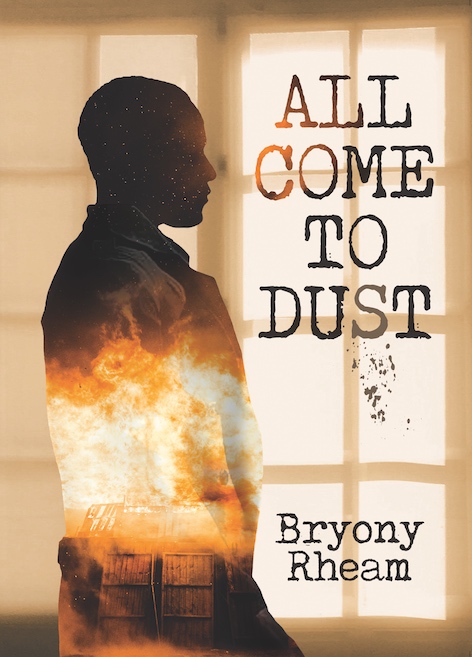
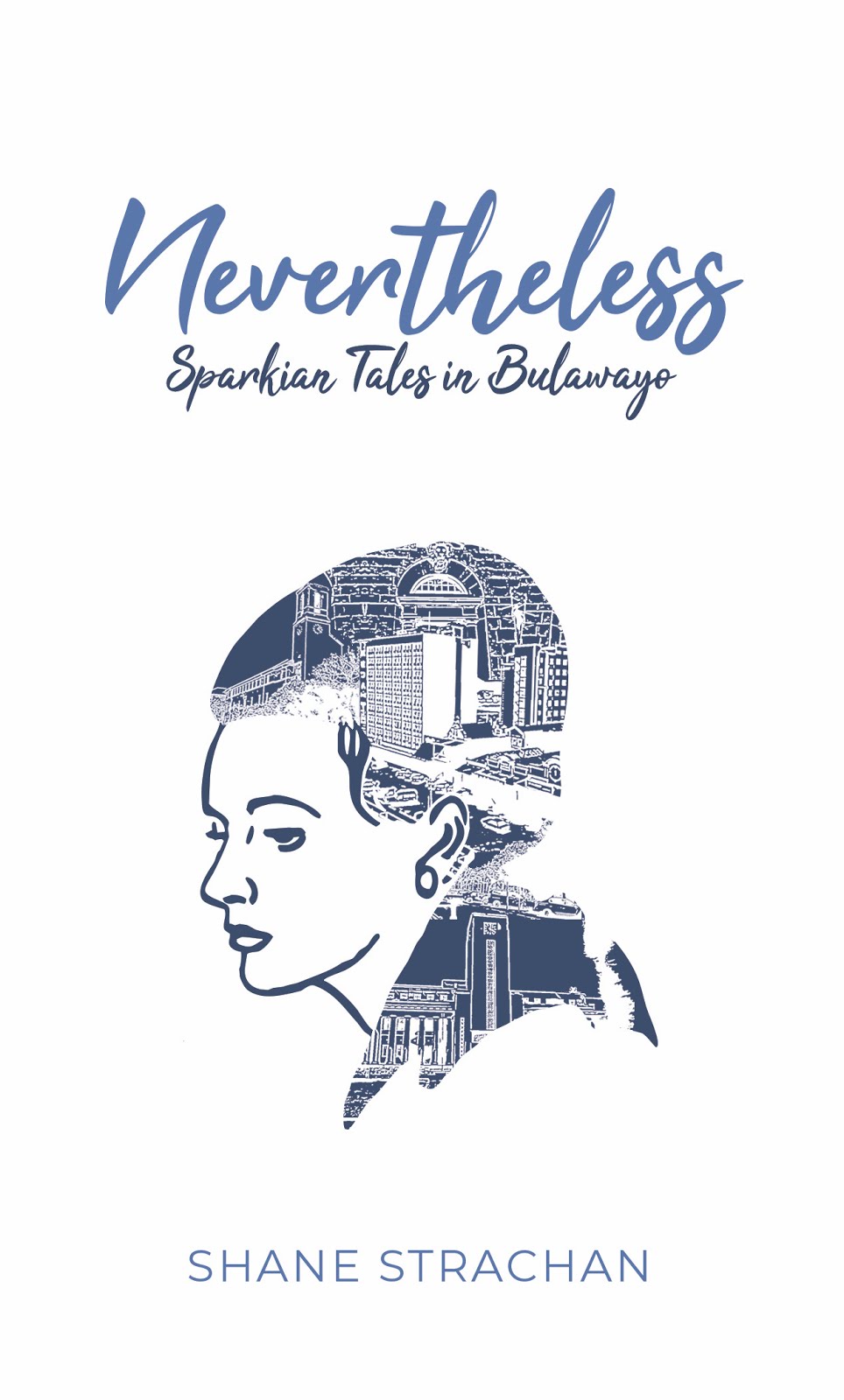





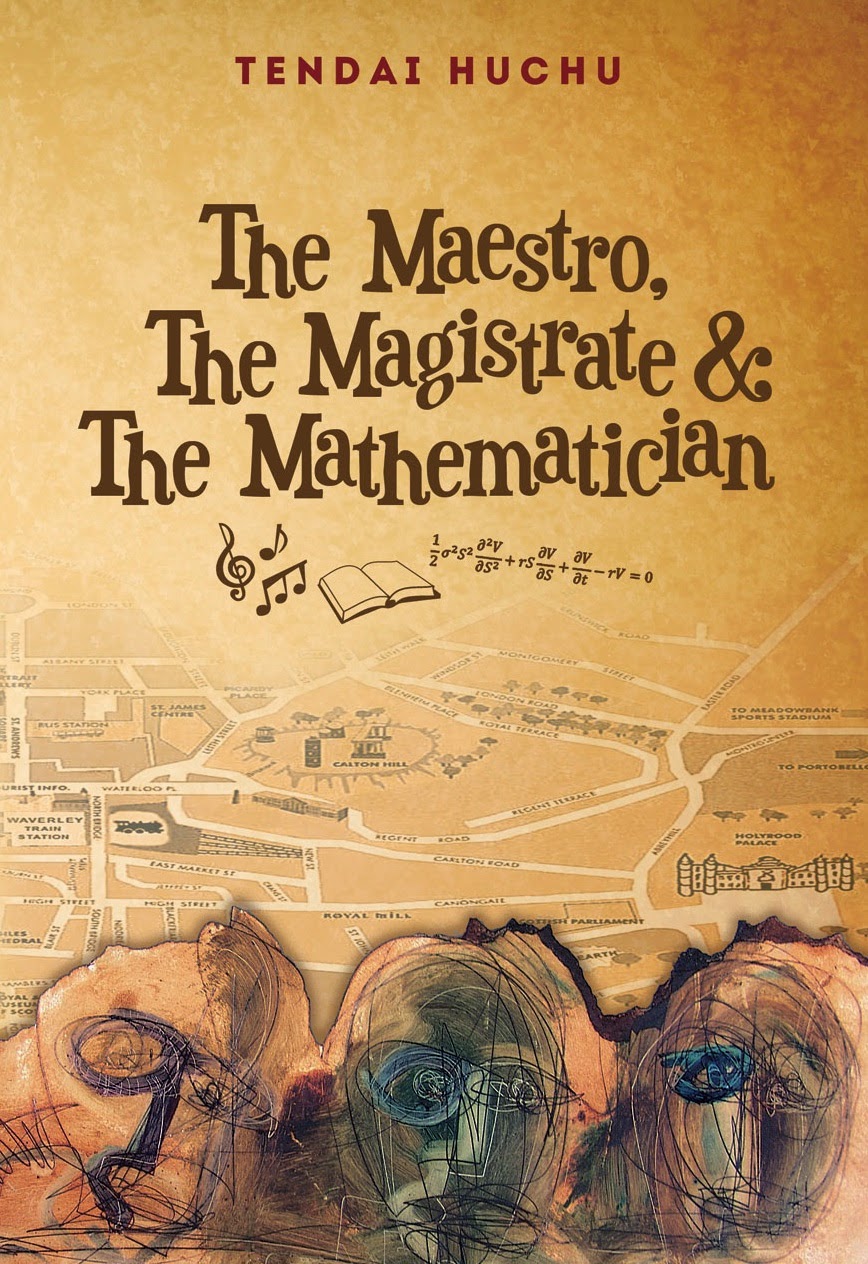
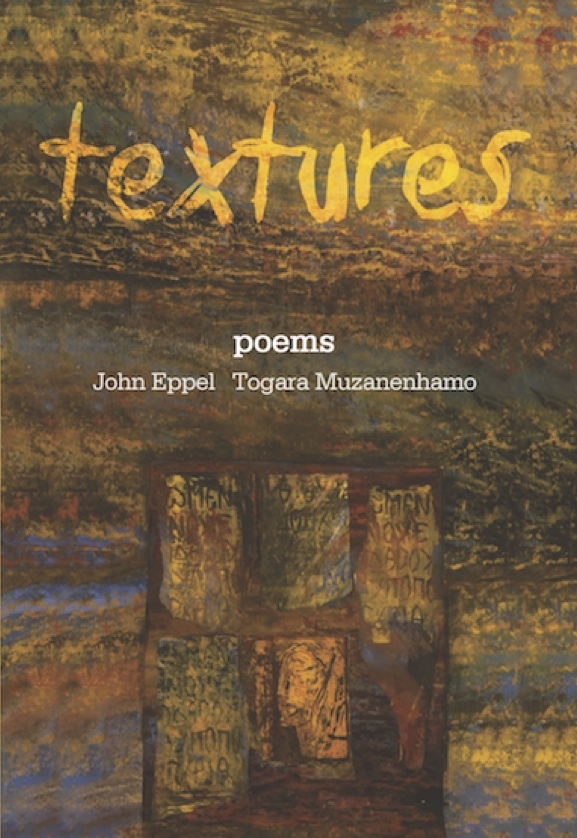
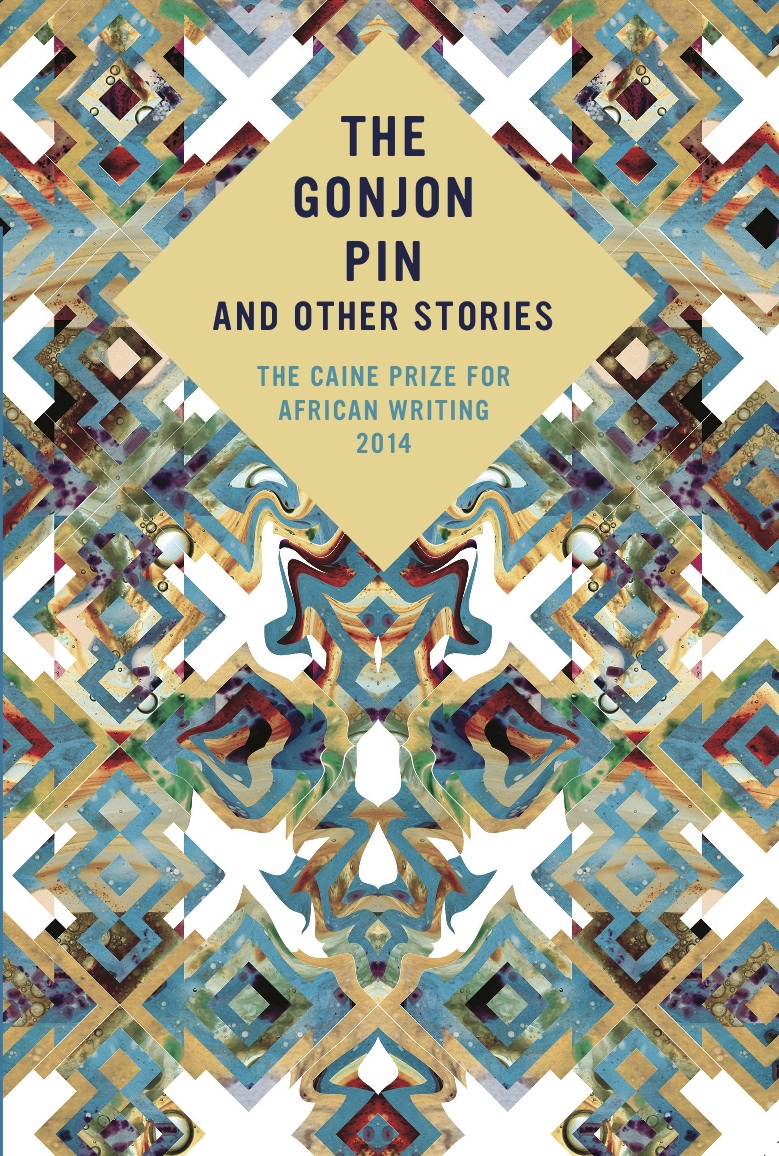
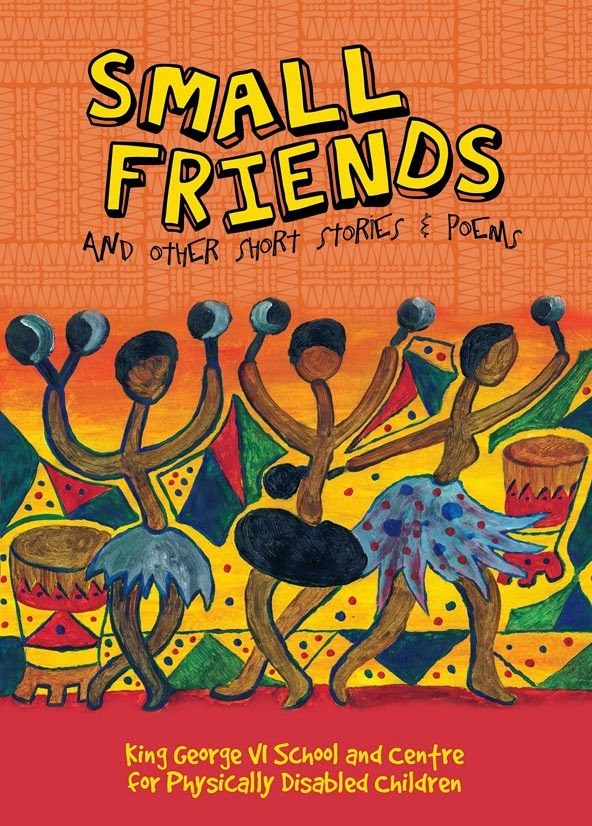
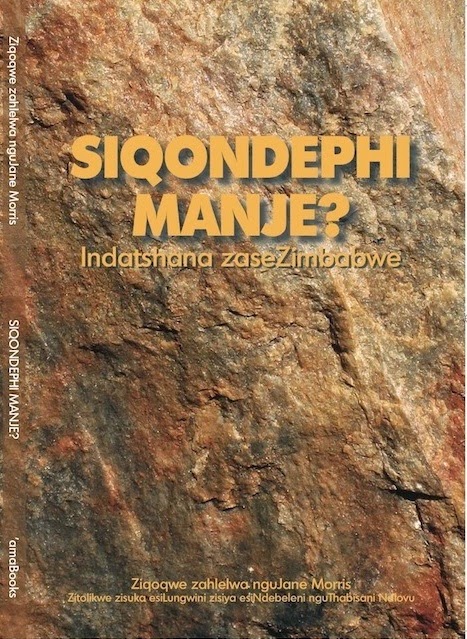
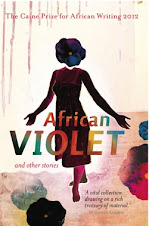

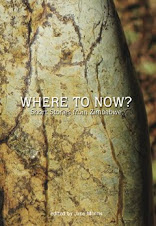
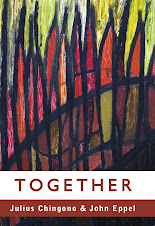
.jpg)

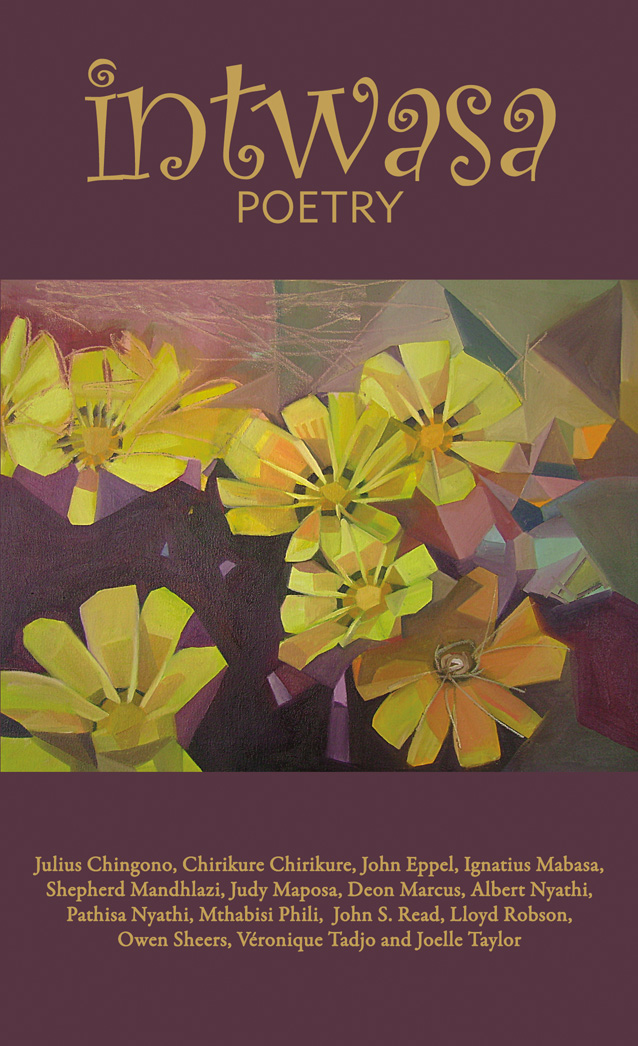


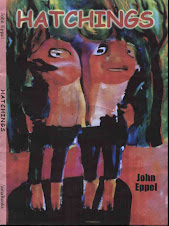













.jpg)

